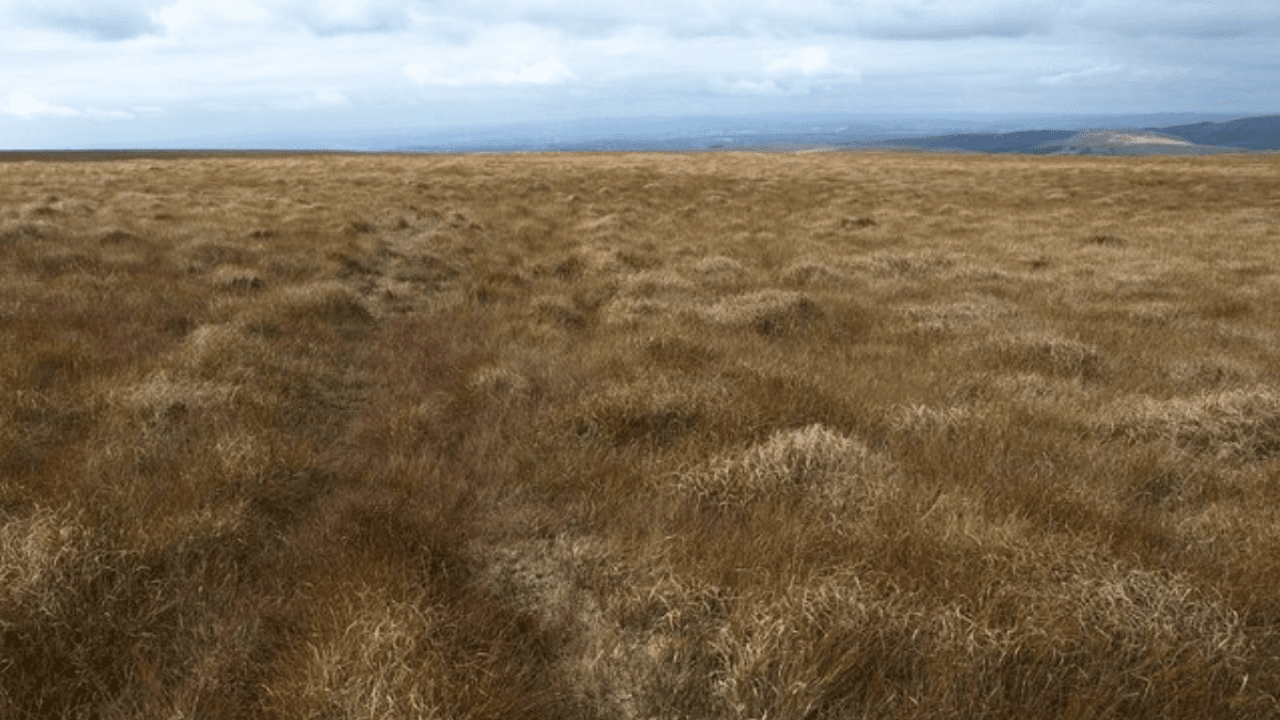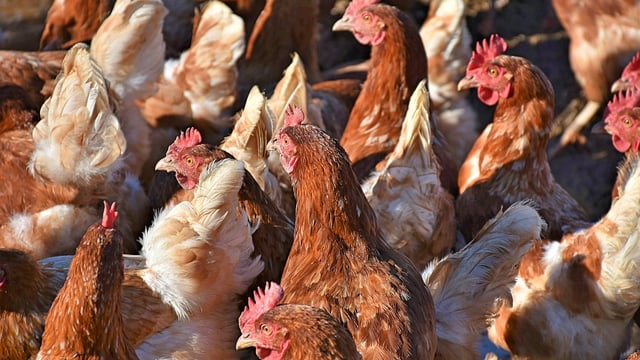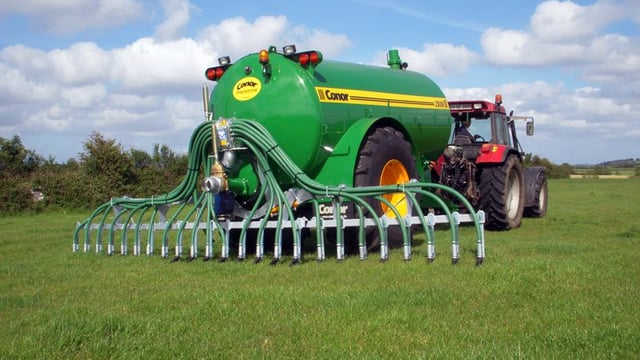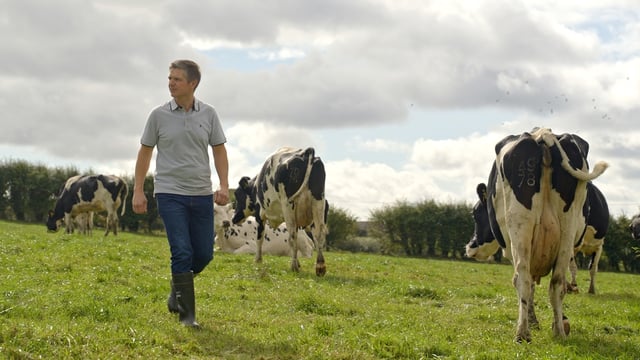NRL will not be linked to current CAP schemes - minister
Minister for Agriculture, Food and the Marine Charlie McConalogue has said that the EU Nature Restoration Law (NRL) will not be linked to current Common Agricultural Policy (CAP) schemes.
Last month, the Nature Restoration Law received its final approval from environment ministers in the Council of the EU.
This new regulation legally binds EU member states to restore at least 20% of the EU’s land and sea areas by 2030 and all ecosystems in need of restoration by 2050.
Countries are expected to submit national restoration plans to the European Commission within two years of the regulation coming into force, which is by mid-2026.
The government has previously stated that any measures undertaken by farmers will be on a voluntary basis and that the use of State lands between now and 2030 will ensure Ireland is compliant with the law.
In a recent parliamentary question, chair of the Joint Oireachtas Committee on Agriculture, Deputy Jackie Cahill asked that the NRL would "not be linked in any way to pillar one payments under CAP in the current programming period and in future programming periods".
The Fianna Fáil TD added that the law should "not become a term and condition on any farm scheme".
In response, Minister McConalogue said that Ireland’s CAP Strategic Plan (CSP) for the period 2023-2027 will deliver some €9.8 billion to farm families over the five-year period.
He said that this will assist farmers "to continue to produce world-class, safe and sustainable food as well as supporting them in their important work of meeting our climate ambitions".
"All of the wide range of schemes within the current CSP were designed before the NRL was adopted. They are not linked to it," he said.
The minister did not make any reference to future schemes under the next CAP.
Meanwhile, the Irish Natura and Hill Farmers’ Association (INHFA) recently wrote to members of the EU Commission to call for a pause to the implementation of the NRL until there is legal certainty on its approval.
During last month's vote of EU environment ministers the minister from Austria voted in favour of the law contrary to her own country’s constitutional procedures.
That vote was the difference that allowed the law to meet the required qualified majority.
A spokesperson for the Austrian chancellor confirmed to Agriland that the country plans to submit a request to the European Court of Justice (ECJ) to annul Austria’s vote in favour of law, on the basis that the minister did not act in accordance with the government’s general view.
The INHFA has asked the commission to “hold the implementation of this law in abeyance until the courts have adjudicated on the lawfulness of the council vote conducted by the EU environment ministers”.





